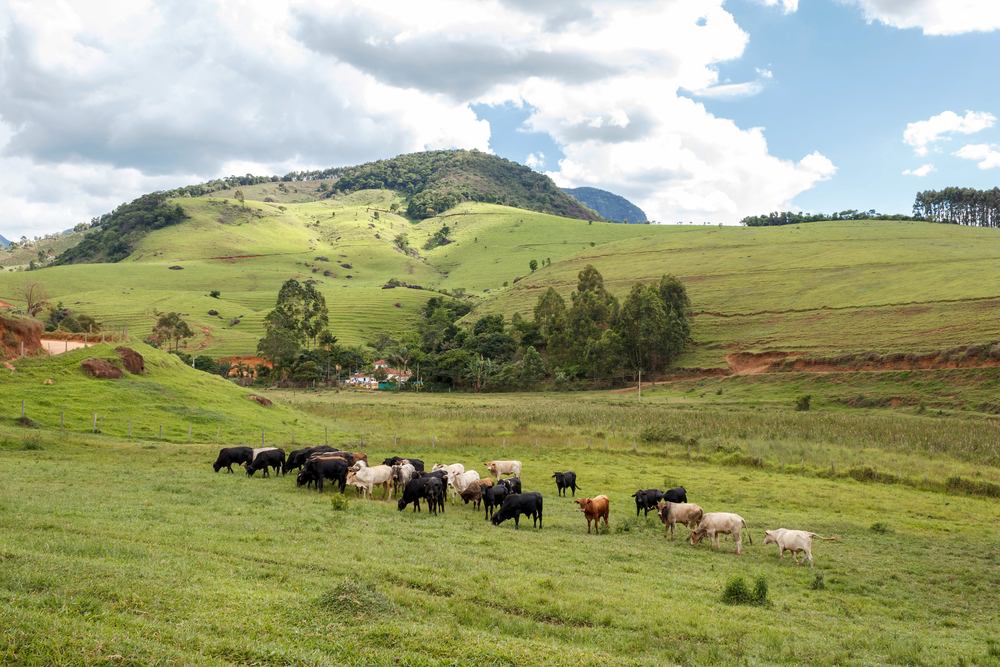Brazil’s Supreme Court maintained Indigenous communities‘ land rights in a landmark decision, putting an end to the prospect of potential rollbacks on these critical safeguards. The court’s judgment, made after reviewing a lawsuit filed by the state of Santa Catarina, represents a landmark victory for Indigenous people and has far-reaching ramifications for territories across the country.
A joyous celebration of heritage
Jubilant scenes emerged in Brasilia, Brazil‘s capital, following the court’s overwhelming verdict in favor of Indigenous organizations. Indigenous peoples danced, sang, and rejoiced while wearing traditional yellow feather headdresses and body paint. For many, this was not merely a legal victory, but also a profound link to their ancestors and a monument to their tenacity.
“I’m shaking. It took a while, but we did it. It’s a very beautiful and strong feeling. Our ancestors are present — no doubt about it,” said Jéssica Nghe Mum Priprá, a member of the Xokleng-Laklano Indigenous group.
Justice prevails: rejecting a controversial theory
The case centered around a contentious legal doctrine advanced by opponents of Indigenous territory expansion. The state of Santa Catarina contended that the date of Brazil’s Constitution’s promulgation in 1988 should serve as the deadline for Indigenous people to either physically take land or battle legally to reoccupy territory. This argument was intended to provide legal certainty for landholders. This theory, however, was rejected by nine of the court’s eleven justices.
“Areas occupied by Indigenous people and areas that are linked to the ancestry and tradition of Indigenous peoples have constitutional protection, even if they are not demarcated,” affirmed Justice Luiz Fux, casting the pivotal vote.
A preservation precedent
This judgment is significant beyond the individual case since the Supreme Court awarded it “general repercussion” status, making it a precedent for future justice processes involving Indigenous communities. It protects hundreds of presently active administrative procedures and legislative initiatives. Furthermore, it undermines a congressional attempt to enact the same 1988 deadline.
An ongoing journey
While this decision is unquestionably a triumph for Indigenous rights, it is not the end of the road. The fight may have been won, but the conflict continues, according to Dinamam Tuxá, executive coordinator of the Articulation of Indigenous Peoples of Brazil (APIB). Indigenous communities will continue to push for the official demarcation of their territory, assuring the safeguarding and protection of their rights.
President Luiz Inácio Lula da Silva, who took office in January, has demonstrated a stronger commitment to Indigenous concerns than his predecessor, Jair Bolsonaro. He founded Brazil’s first Indigenous Peoples Ministry and established eight new Indigenous territories. These actions represent a great step toward acknowledging and safeguarding Indigenous heritage.
Because indigenous territories occupy approximately 14 percent of Brazil’s huge region, the importance of their preservation cannot be stressed enough. The Supreme Court’s judgment establishes a positive precedent for Indigenous communities, a testimony to their tenacity, and a critical step in protecting the environment and cultural heritage for future generations.











